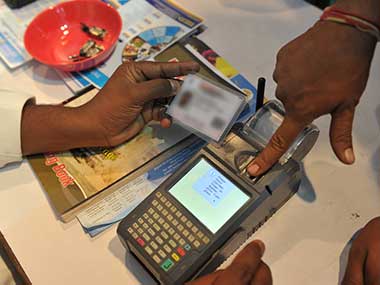In the run up to the Lok Sabha Election in 2019, there has been a lot of talk on the digital rights of citizens, social media regulation of political parties, and predictably, revamped social welfare measures. This is the second round of the ‘social media election’ in India, and how we navigate this digital-political landscape will shape a number of discourses in the future. As such, the socio-political issues in India for the current times, and potentially for the coming few years, will hinge very significantly on the politics of the digital world and the technological innovations, affecting everything from identities and rights of citizens, the future of work to governance and delivery of services. Therefore, it hardly comes as a surprise that the two manifestos that have been released by the Indian National Congress (INC), and the Communist Party of India (Marxist) (CPM) respectively, have specific focus on the digital rights of citizens, much more than either party had in 2014. A key point to understand here is that the inclusion of ‘digital’ rights and the wide net it casts on individual autonomy, identity, privacy, surveillance, and cyber security signals a key shift in the Indian discourse on policy making and governance at a fundamental level. It therefore makes it an imperative for citizens and institutions to critically engage with these political ideologies, because irrespective of which party forms the Government, the combined political ecosystem and the opposition will continue to shape public discourse on civil liberties in this digital age. While certain key issues of regulation of social media usage by political parties, political consultancies and digital campaigning have been left out of the manifestos, it is heartening to see digital rights finding its own place in both of these manifestos. To this extent, a primer on the digital landscape of promises being offered by both parties has been prepared, providing a snapshot of what is stated in the documents, and some key questions the democracy must keep asking of its State.
Copy: Digital Rights - CPI(M)
Infogram


)
)
)
)
)
)
)
)
)



